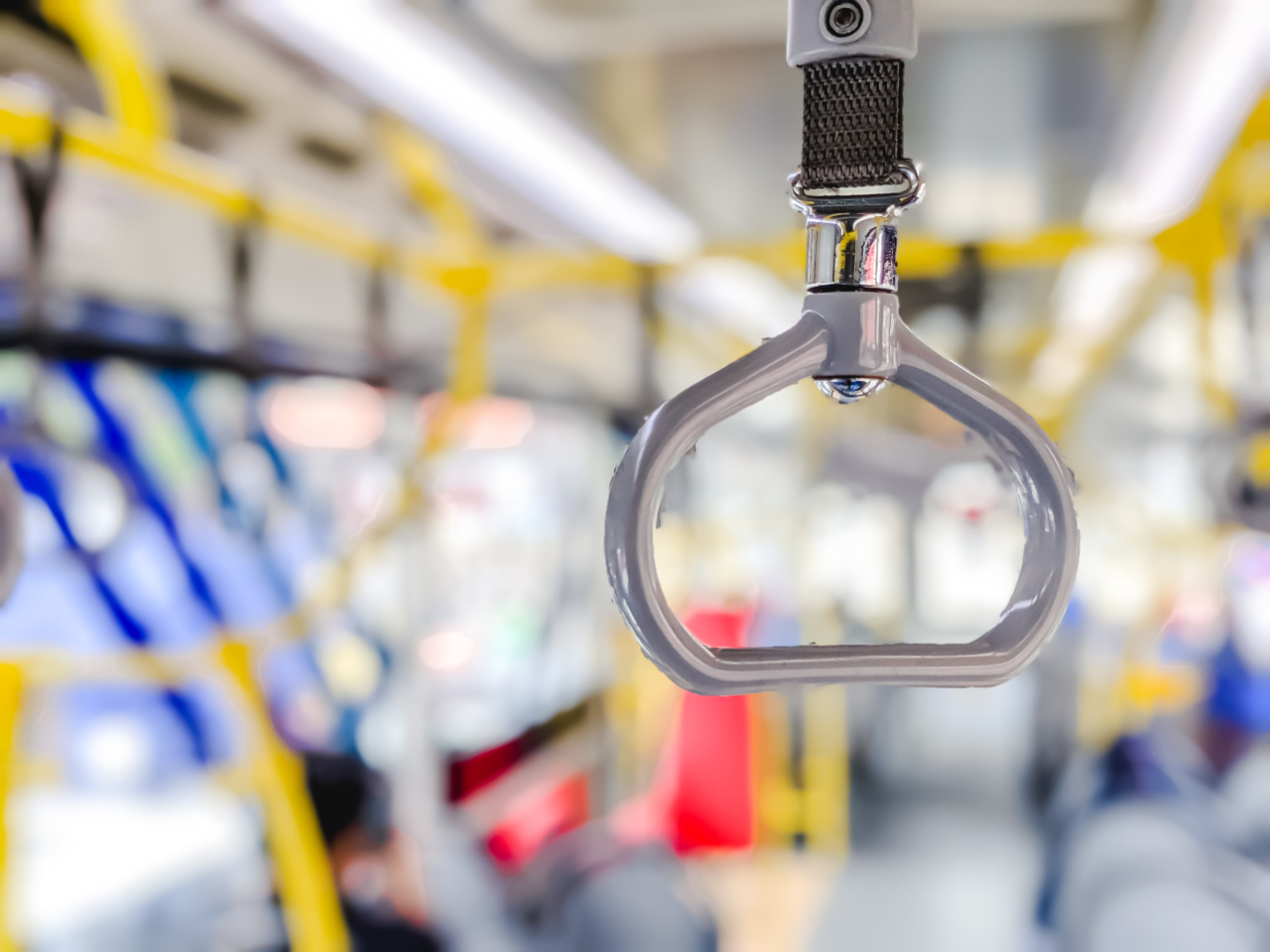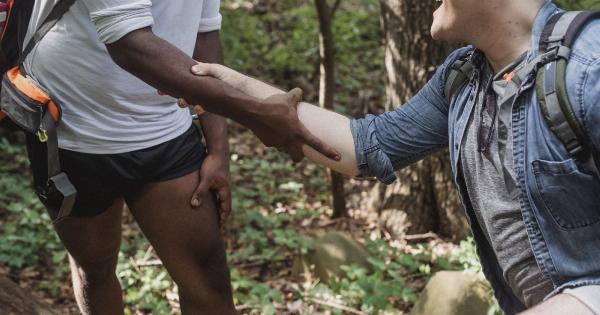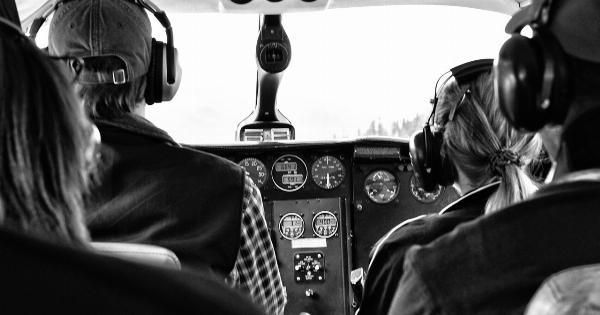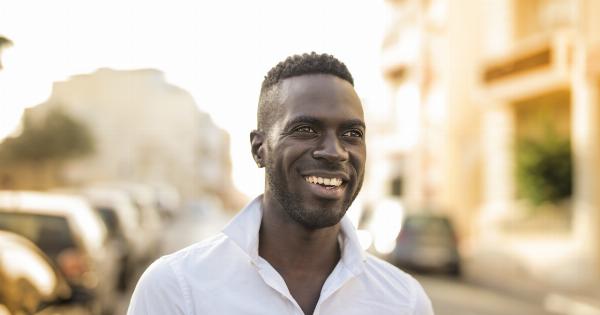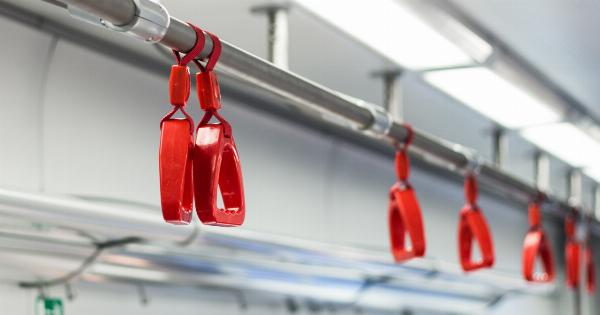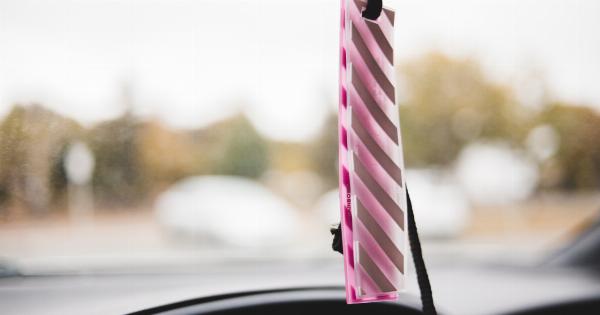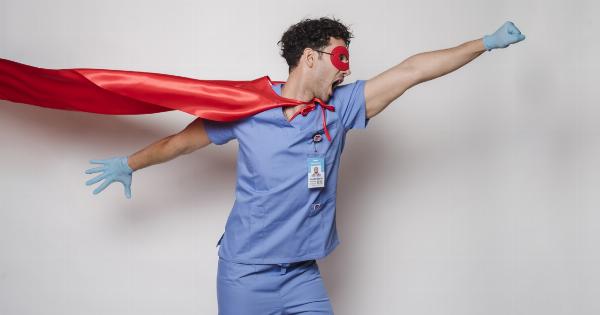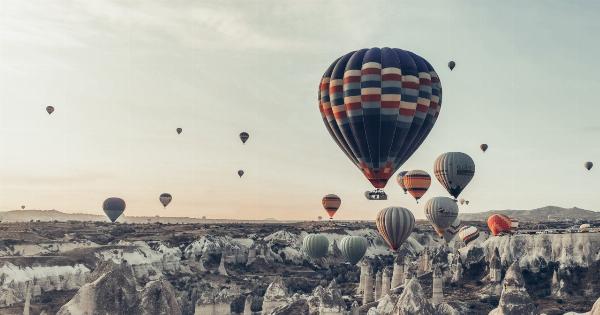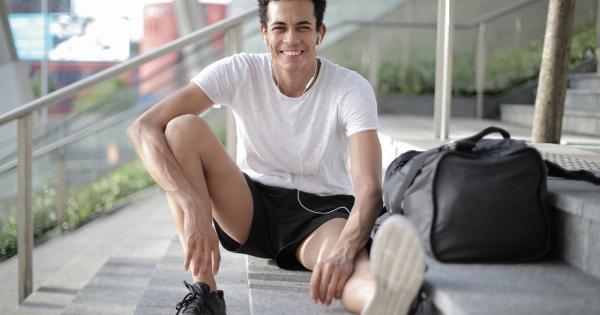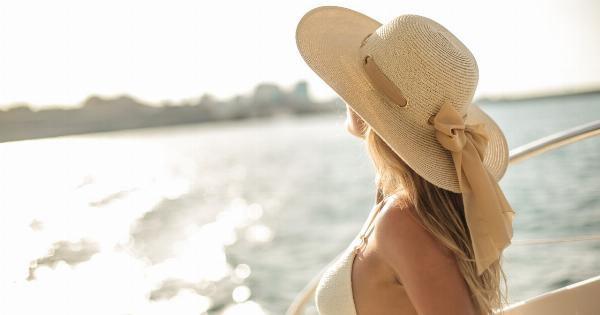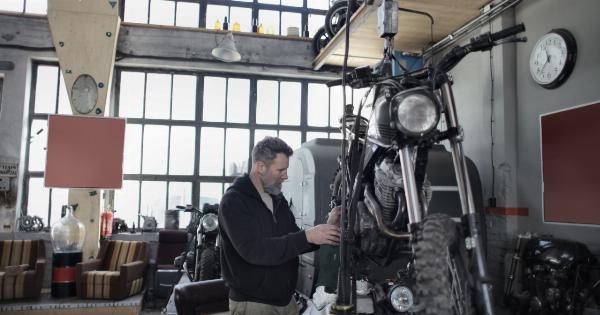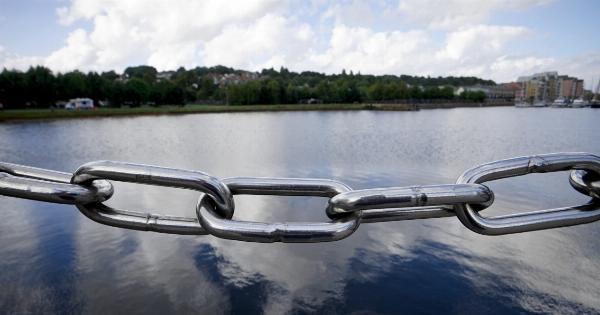Traveling can be an exciting and enriching experience, but it’s important to prioritize your safety and well-being while on the road.
Whether you’re embarking on an adventure to a foreign country or exploring your own backyard, taking precautions and being prepared for any unexpected situations can help ensure a smooth and worry-free journey. In this article, we will provide expert tips for travel security and first aid, empowering you to navigate your travels with confidence.
1. Research Your Destination
Before you set out on your journey, it’s essential to research your destination thoroughly. Familiarize yourself with the local customs, laws, and potential security risks.
Check travel advisories issued by your government, and if necessary, register your trip with the embassy or consulate. Being informed about your destination will help you make informed decisions and avoid unnecessary risks.
2. Pack Wisely
When it comes to travel security, packing wisely is crucial. Pack a small first aid kit containing essential items such as bandages, antiseptic wipes, pain relievers, and any necessary prescription medications.
Additionally, consider including travel-sized locks to secure your luggage, a money belt to keep your valuables close to your body, and a portable door lock for added privacy and security in accommodations.
3. Share Your Itinerary
Whether you’re traveling solo or with a group, inform someone you trust about your travel plans and itinerary. Share details such as your accommodation information, transportation arrangements, and contact numbers.
Regularly updating someone back home about your whereabouts can provide an extra layer of security and ensure swift assistance in case of emergencies.
4. Stay Vigilant
Maintaining situational awareness is key to travel security. Be observant of your surroundings, especially in crowded places, public transportation, and tourist attractions.
Keep an eye out for any suspicious activity or individuals, and trust your instincts. Avoid displaying expensive jewelry or gadgets that could attract unwanted attention, and be cautious in sharing personal information with strangers.
5. Secure Your Accommodations
When booking accommodations, prioritize safety and security. Choose reputable hotels or guesthouses with positive reviews, preferably located in well-lit and high-traffic areas.
Before settling in, inspect the room for any signs of intrusion and ensure that all doors and windows lock securely. It’s also a good practice to keep your room key with you at all times and avoid sharing it with anyone.
6. Be Mindful of Your Belongings
Preventing theft or loss of personal belongings is essential while traveling. Keep your valuables, such as passports, credit cards, and cash, secure in a concealed pouch or money belt.
Avoid flashing large amounts of money in public, and consider splitting your cash into multiple locations. Always keep an eye on your belongings, particularly in crowded areas or when using public transportation.
7. Learn Basic First Aid
Knowing basic first aid techniques can come in handy when faced with unexpected medical situations while traveling.
Consider taking a first aid course before your trip or familiarize yourself with essential skills such as CPR, treating minor cuts and burns, and recognizing signs of heatstroke or dehydration. Having this knowledge can help you respond promptly and effectively in case of emergencies.
8. Research Local Medical Facilities
Before your trip, identify and note down the contact information and locations of local medical facilities at your destination.
Research hospitals, clinics, and pharmacies that cater to tourists, and check if your travel insurance covers medical expenses. Having this information readily available allows for quick access to medical assistance when needed.
9. Stay Hydrated and Practice Good Hygiene
While exploring new places, it’s essential to prioritize your health and well-being. Drink plenty of water to stay hydrated, especially in hot climates or during physical activities.
Practice good hygiene by washing your hands regularly, carrying hand sanitizer, and avoiding street food that may not be prepared in hygienic conditions. Taking these simple steps can prevent common travel-related illnesses.
10. Trust Your Instincts and Seek Help
If you ever feel unsafe or encounter an emergency situation, trust your instincts and take action promptly. Use your judgment to assess the situation and seek help from local authorities, your embassy, or fellow travelers.
Remember that it’s better to take precautions and ask for assistance when needed rather than risking your safety.
Conclusion
By following these expert tips for travel security and first aid, you can embark on your journey with confidence and peace of mind. Remember that preparation, awareness, and staying informed are key to ensuring a safe and enjoyable travel experience.
Bon voyage!.
